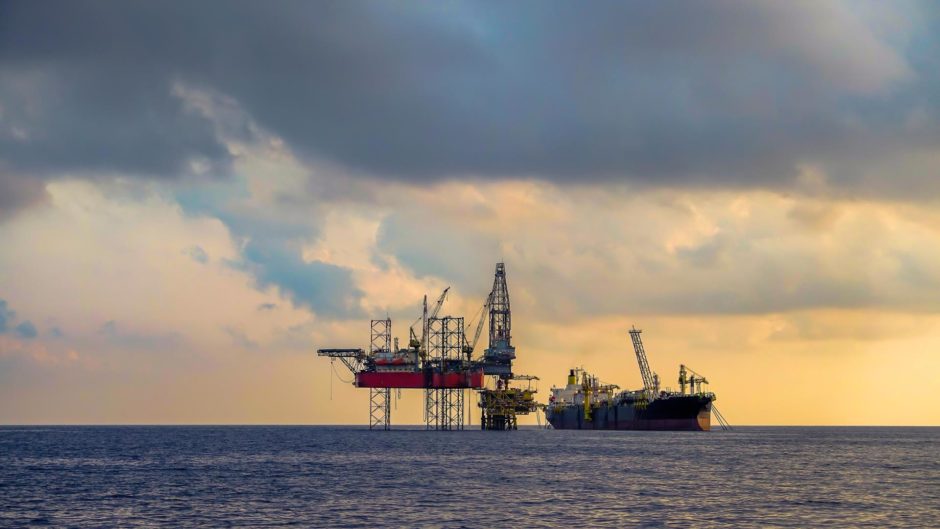
Orcadian Energy (AIM: ORCA) has announced the successful raising of £1 million to help progress development of its Pilot project in the North Sea.
The funds, raised through a share placing, will help pay for a key Field Development Plan, licence fees and for other general working capital purposes.
Orcadian confirmed it placed 2,857,143 ordinary shares to institutional and other investors at a price of 35 pence per share.
WH Ireland and Shore Capital Stockbrokers acted as bookrunners.
The admission of the shares is expected to take place on or around 8am on July 6.
Commenting on the transaction, Orcadian’s CEO Steev Brown said: “We are very pleased to have concluded this fund raising which enables the company to deliver our planned work programme as well as progress the previously announced farm-out process towards completion.
Mr Brown described the Pilot development as “one of the top five development projects on the UKCS”.
Orcadian is currently searching for partners for the 79 million barrel oilfield.
Mr Brown recently said the project would cost roughly $1bn, however the new investment incentives as part of the UK Government windfall tax could cut that down by 75%, Orcadian said earlier this month.
He added today: “We believe the immediate investment allowance, included in the Energy Profits Levy, has transformed the attractiveness of domestic oil and gas projects for companies extracting oil and gas in the UK and it should spark further investment in the North Sea. We look forward to providing further updates on the outcome of our discussions with potential industry partners.”
Orcadian, which made its IPO in London last year, intends to develop Pilot using a polymer flooding technique to boost recoverable barrels.
Earlier this month the firm submitted a draft plan to the NSTA (it needs to be fully funded to proceed in earnest).
Under the plan, 34 wells to be drilled via a jack-up rig through a pair of well head platforms, with power from a floating wind turbine.
Orcadian said emissions from Pilot are expected to be an eighth of the 2020 North Sea average, and less than half of the lowest emitting oil facility in the UK.
Recommended for you

